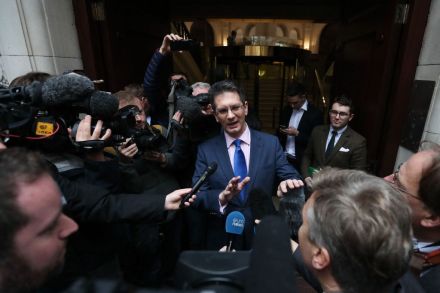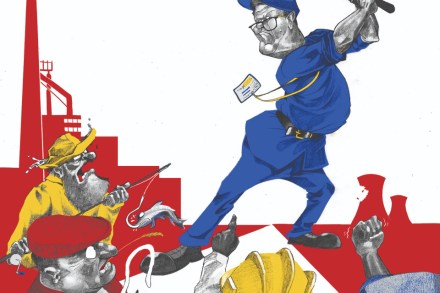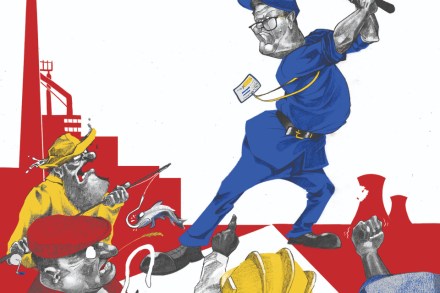Nick Thomas-Symonds: ‘The Brexit architects essentially ran away’
With his owlish expression and affable manner, Nick Thomas-Symonds looks more like the academic that he was, rather than the political bomb disposal expert he has become. Brexit is the greatest political issue for a generation, yet Keir Starmer has chosen to put this softly spoken Welshman in charge of defusing it. The Cabinet Office minister, responsible for post-Brexit negotiations with the EU, is following in the footsteps of Olly Robbins and David Frost, but his lack of public notoriety says much about how things have changed as we approach the tenth anniversary next year of the vote to Leave. ‘We have probably the one trade deal in human history




















